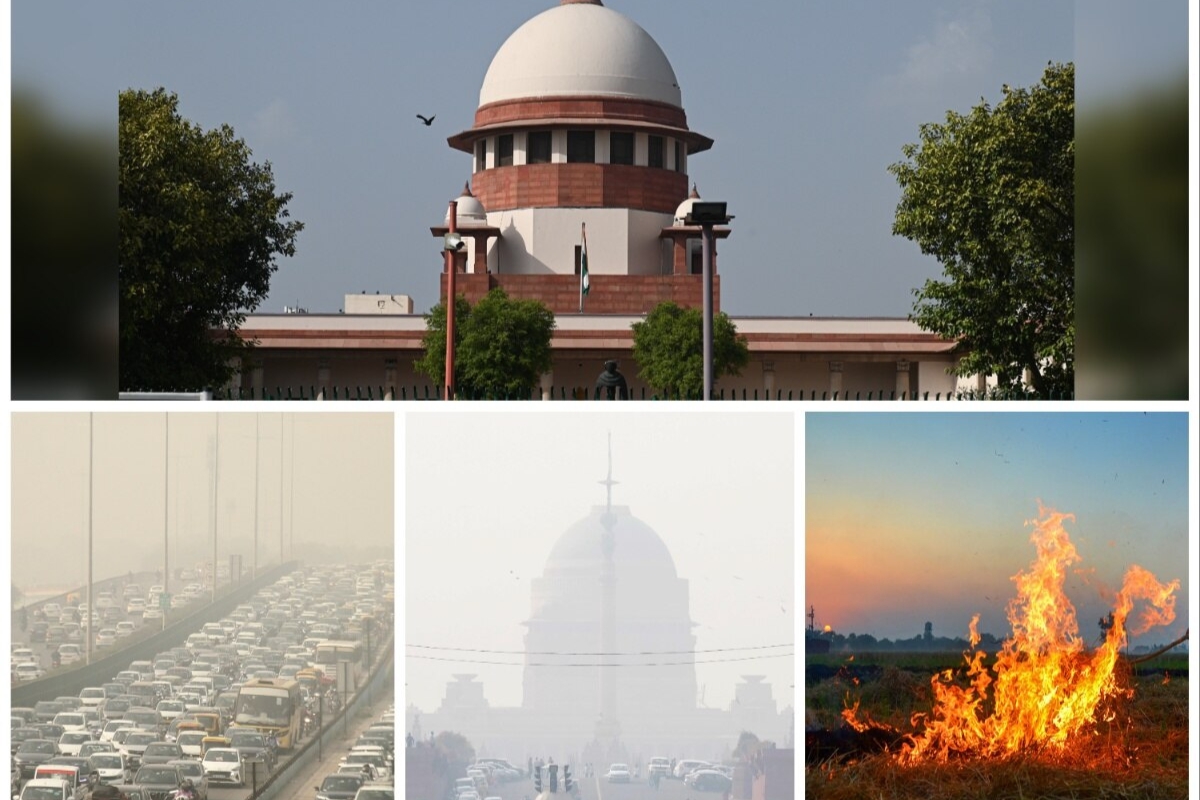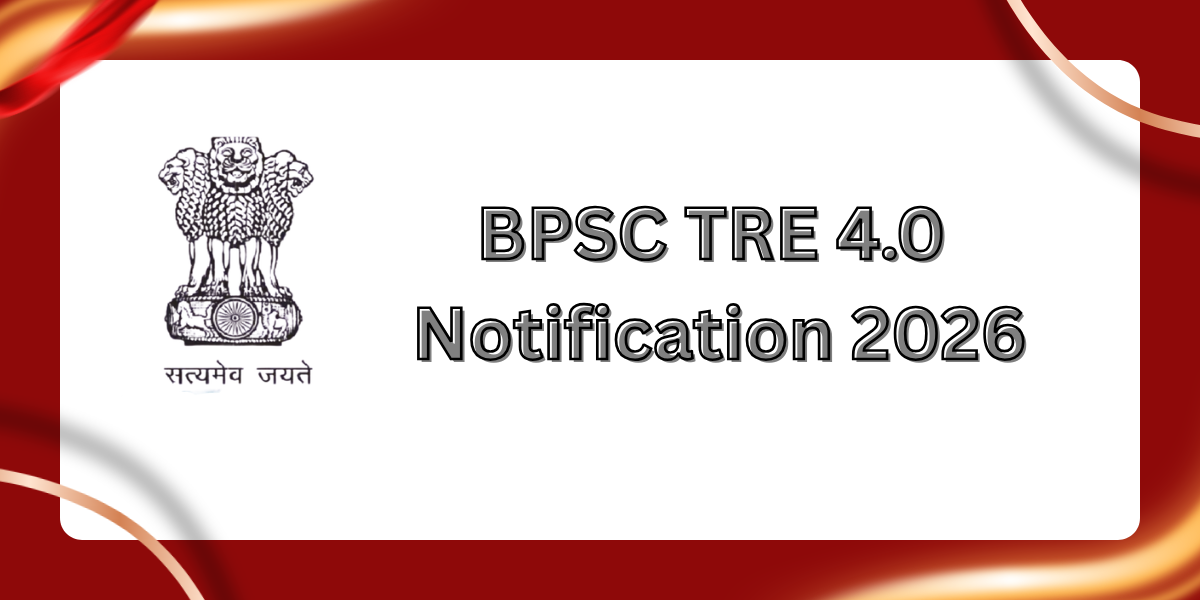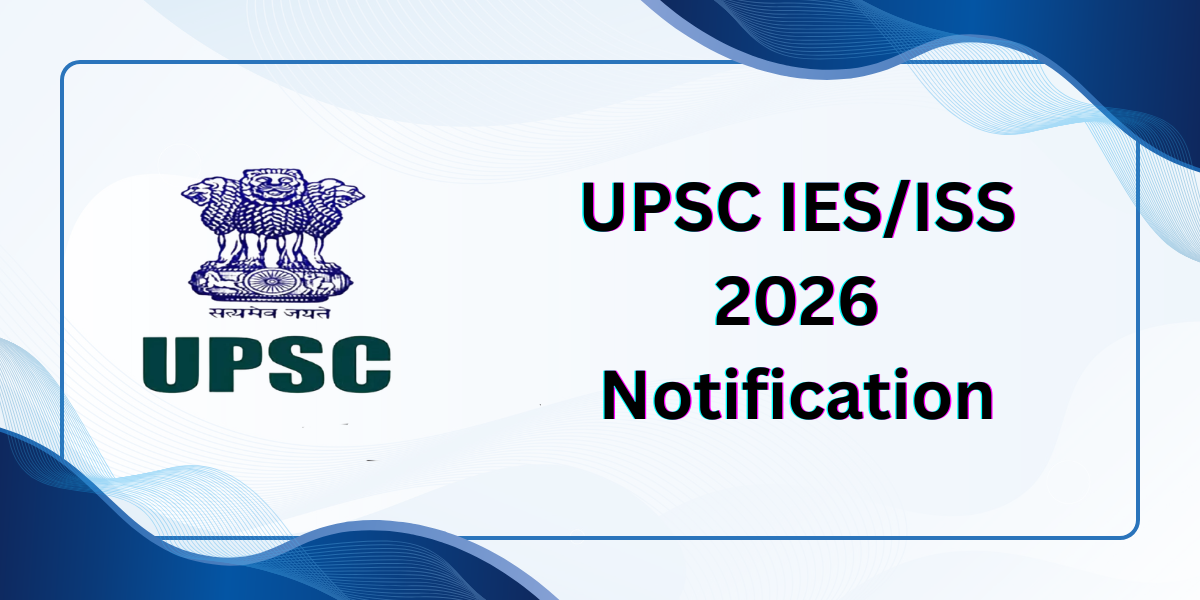Imagine waking up every morning to cleaner streets, fresher air, and a city that breathes with pride. That vision is now a step closer, thanks to a powerful move by the Supreme Court that could transform how solid waste is handled in Delhi and its surrounding regions.
Court Orders Senior Officials to Take Charge
In a significant push for change, the Supreme Court has ordered the states of Delhi, Haryana, Uttar Pradesh, and Rajasthan to take full responsibility for managing solid waste in the National Capital Region (NCR). The message from the top court is loud and clear: it’s time to clean up not just the streets, but the system.
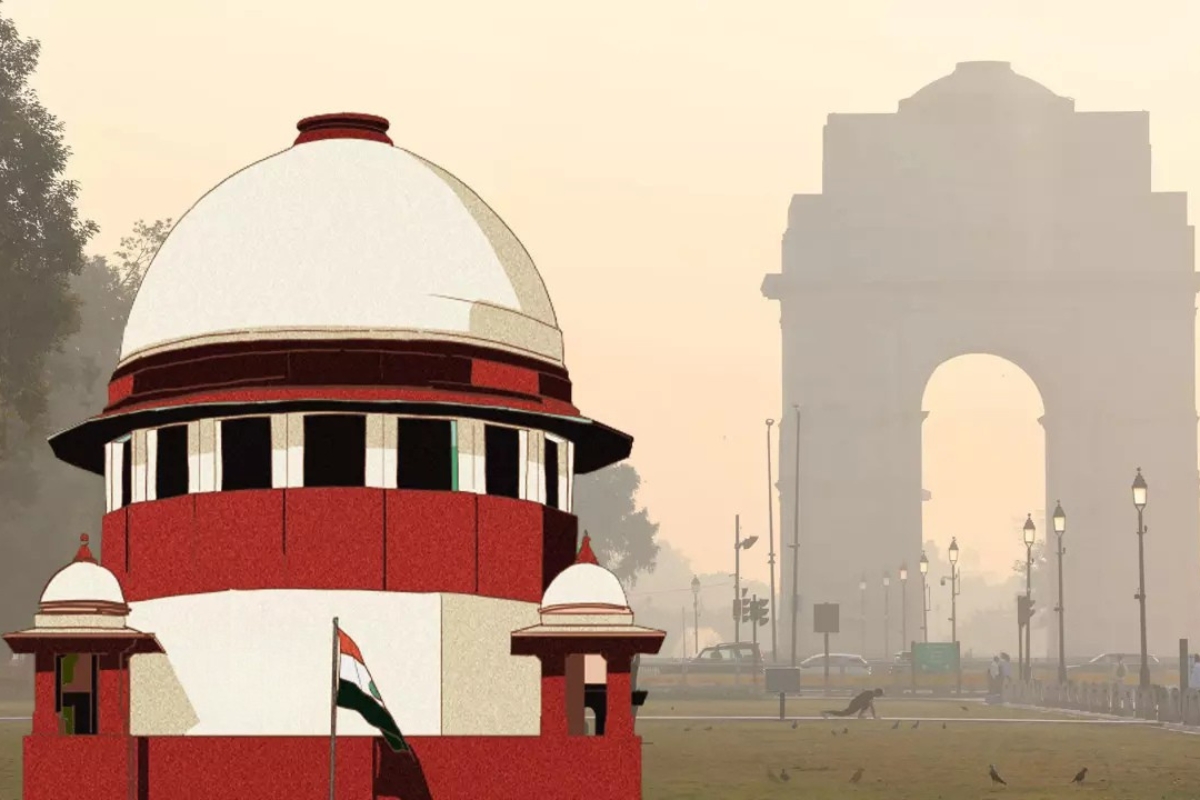
The judges, Justices Abhay S. Oka and Ujjal Bhuyan, stressed that this is not about temporary fixes or band-aid solutions. The court wants a complete shift in how waste is collected and segregated. To make this happen, they have asked these states to appoint senior-level officers who will personally monitor the process and ensure that the goal of 100% collection and segregation of solid waste is achieved.
Strict Timelines and Regular Reporting
The court also laid down clear deadlines. From September 1, 2025, these nodal officers will have to submit regular compliance reports, with updates every quarter. The Supreme Court registrar has been tasked with ensuring these reports reach the right bench handling the issue.
Massive Awareness Campaigns Ordered
But that’s not all. The court knows that laws alone can’t bring change unless people are aware of them. That’s why it also directed the NCR states and the Municipal Corporation of Delhi (MCD) to run massive public awareness campaigns. These campaigns will educate people, especially bulk waste generators like housing societies and large institutions, about their responsibilities under the Solid Waste Management (SWM) Rules, 2016.
Segregation at Source is the Key
The court made it clear: without public involvement and accountability, no law will work. It urged the authorities to teach people how to separate their waste into biodegradable, non-biodegradable, and hazardous right from their homes and institutions. Segregating waste at the source is not just a rule, the court said, it’s a responsibility that every citizen shares.
Monitoring Construction Site Waste
Construction and demolition sites, which often contribute heavily to pollution, were also under the spotlight. The court directed the Commission for Air Quality Management (CAQM) to gather detailed data about enforcement actions taken at such sites. A full report is expected by September 1, 2025, covering data up to July 31, 2025.
A Step Towards Cleaner, Healthier Cities
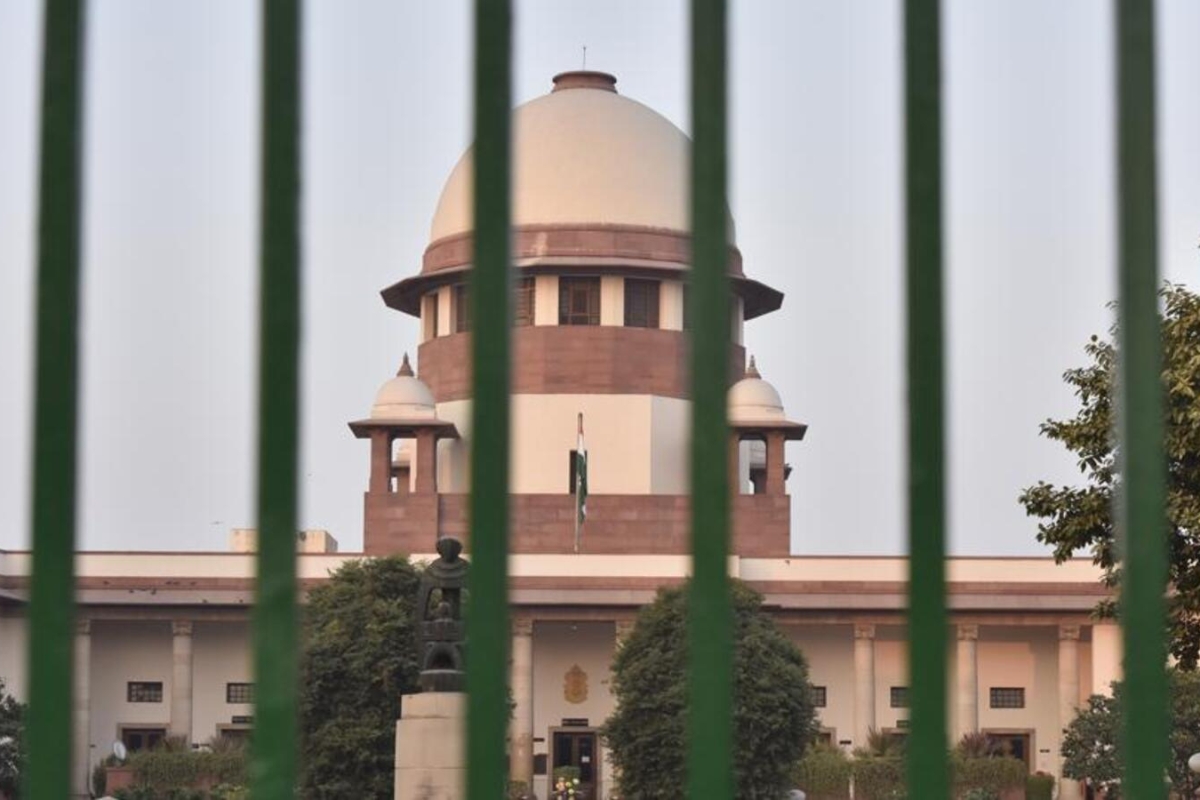
This issue isn’t new. The Court has been raising concerns about solid waste management in Delhi-NCR for years, mainly because of the alarming levels of air pollution. It even warned earlier that it might have to issue drastic orders to halt construction activities if compliance with waste rules continues to be ignored. The hope now is that these fresh directions will finally spark real action. With proper leadership, planning, public awareness, and regular reporting, NCR could become a shining example of how a region turns around its waste crisis.
Disclaimer: This article is based on legal and public directives issued by the Supreme Court of India and is written for general informational purposes. It does not substitute professional legal advice or represent any court order in full detail.
Also Read:
Delayed But Not Denied: Supreme Court Revives Claims Under Limitation Law
